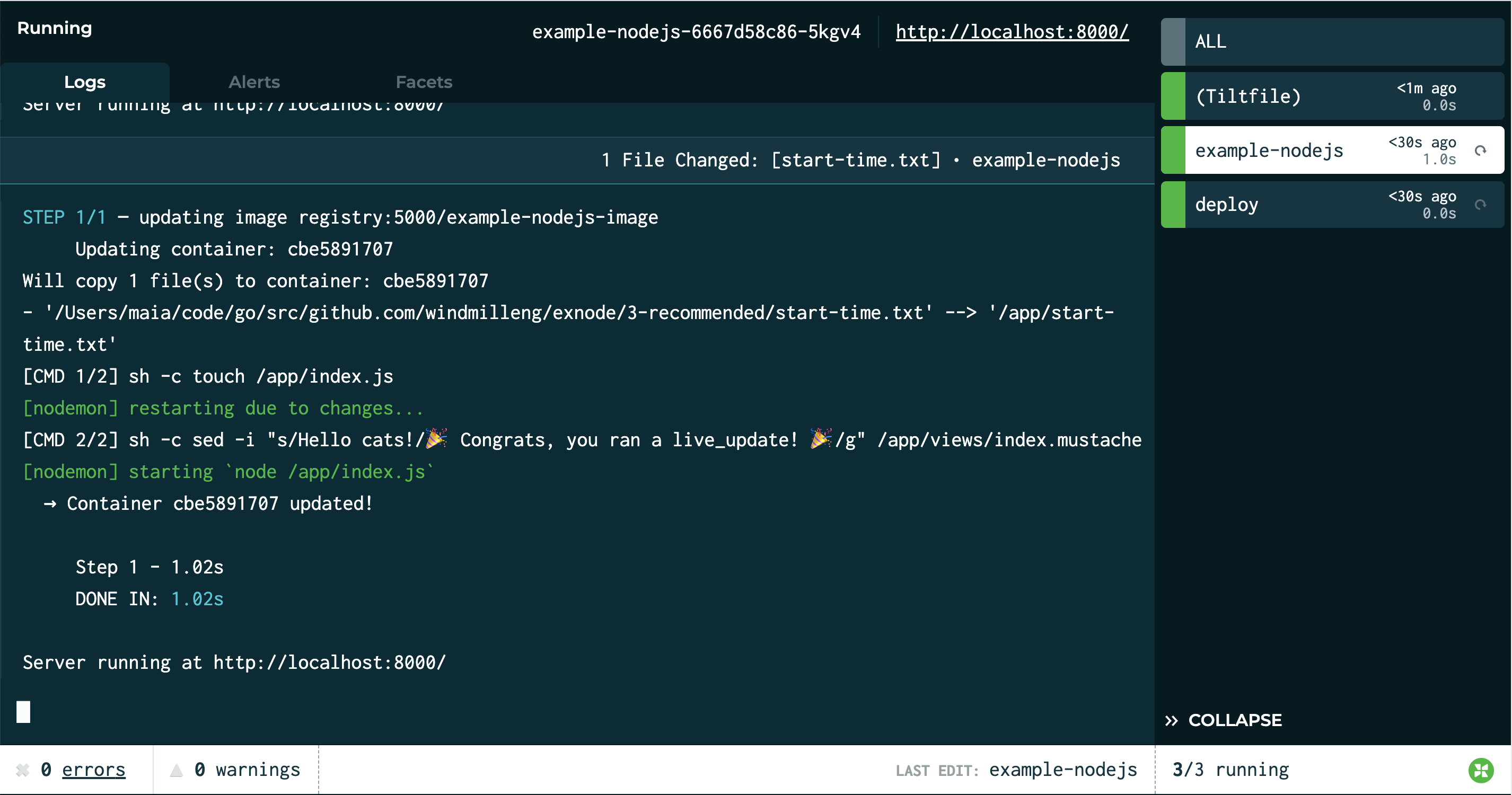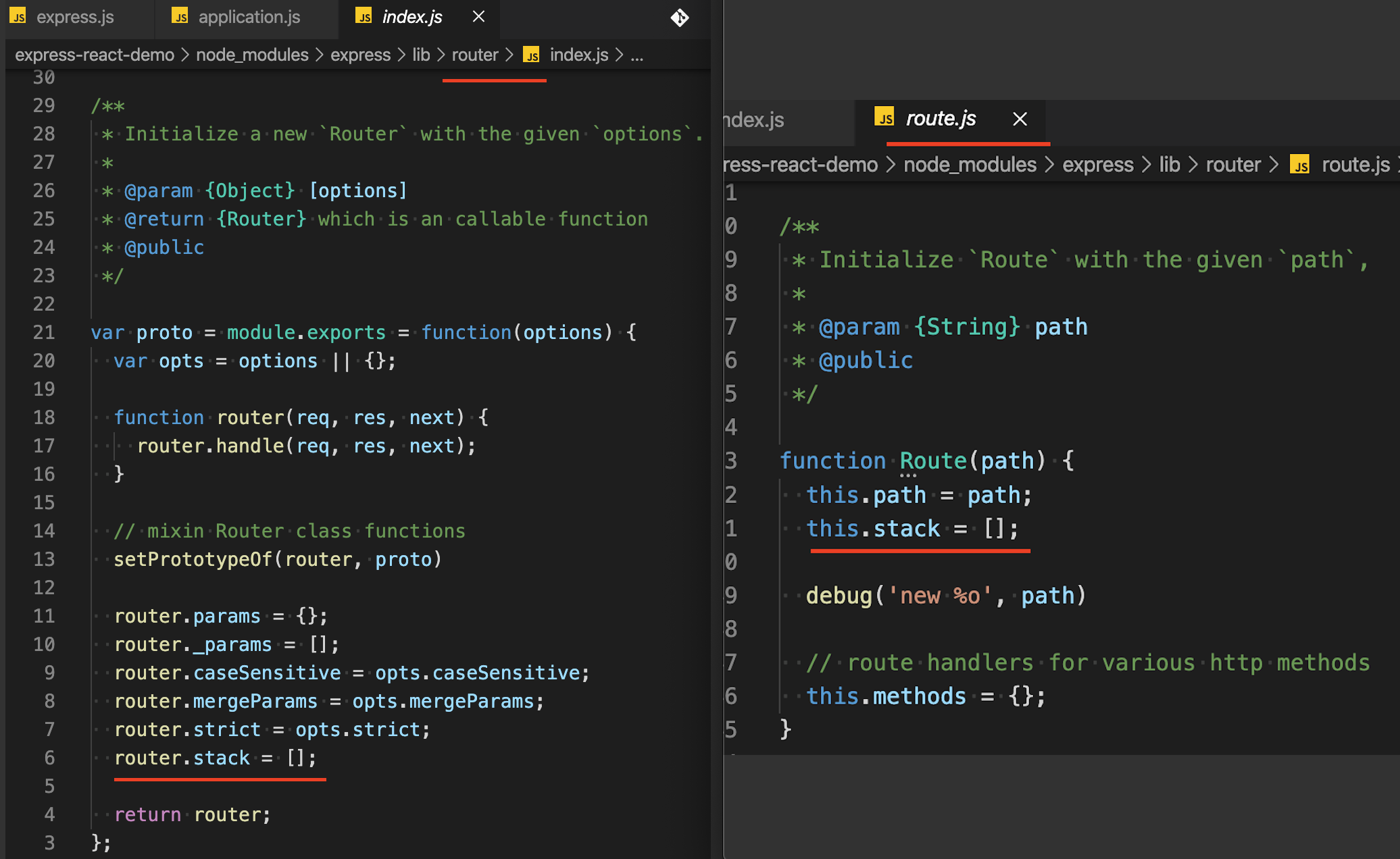

The STUN server is used to get the IP address of your computer and the TURN server functions as a relay in case the peer-to-peer connection fails. STUN and TURN servers are used as a fallback method in case the main WebRTC peer-to-peer connection runs into problems. The signaling methods are not specified by WebRTC and instead can be picked by the developers themselves (This tutorial will use Socket.io).

#NODEJS AUDIODEVICE CODE#
Before getting into the code let's first look at the most important concepts of WebRTC. WebRTC enables real-time communication in the web world and is mainly used to transfer video and audio data on the web. This article will show you the basic concepts and features of WebRTC and guide you through building your own WebRTC video broadcast using Node.js. WebRTC is a free, open-source project that provides browsers and mobile applications with real-time communications capabilities via simple APIs.



 0 kommentar(er)
0 kommentar(er)
